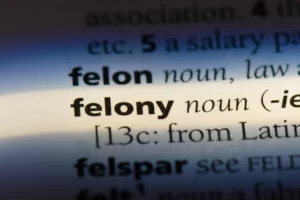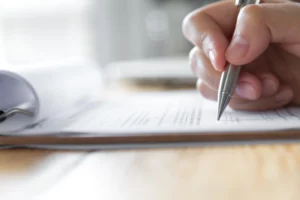Defense Attorney Guidance for Juvenile Charges
Having your child summoned to juvenile court is traumatic for the child, parents, and family members. The most important thing for a parent to do when your child has been accused of a juvenile crime is to be supportive of your child. The next most important thing is to take the steps now to protect your child. This approach will ensure the best possible outcome in the judicial process.
Except for certain offenses, children accused of delinquent acts are adjudicated in the juvenile court system. And even though the stated goal of the juvenile justice system is rehabilitation, it can still result in detention in a youth detention center, a juvenile record, disruption of education, and even loss of parental custody. Furthermore, children often fall through the cracks in the juvenile justice system. Justice for your child is not guaranteed.
Steps You Can Take to Have a Favorable Juvenile Court Process Outcome
There are several steps you can take, and mistakes to avoid, to achieve the best possible outcome for your child that has been accused, or charged with a juvenile crime.
- Do not speak to the authorities – Speaking to the police or investigators might seem like a good idea, but it usually is a mistake that has negative consequences. The job of the authorities is to ensure a conviction. Your child should never speak with authorities without an attorney present.
- Do not talk about the case – Children feel the need to express themselves to friends, usually via social media. It is important that your child and family members refrain from talking about the case and should never make posts on social media, send messages, or send emails about the case.
- Preserve evidence – Find and preserve any evidence that might be favorable to your child’s defense. This could take the form of photographs, hospital records, messages, communications, etc. It’s better to have it and not need it, then need it and not have it.
- Make a timeline – Record the date, time and details of all key events related to your case.
- Identify key people – Write down the names and contact information of everyone that has some relationship with your case.
- Get an attorney – The juvenile justice system operates differently than the adult criminal justice system. It is important that you find an attorney that has a successful track record defending youth in the juvenile court. A qualified and devoted children’s defense attorney will develop a plan, protect your child’s rights, and guide you and your child through the juvenile justice process.
Contact your local Juvenile Defense experts.
Being charged with a juvenile crime is a serious matter. We understand the stress and anxiety that you are going through and are here to help. Contact Georgia Children’s Defense LLC today for a free consultation.

Our passion is fighting for the rights of children in Georgia.
Josh Lingsch, Founder








